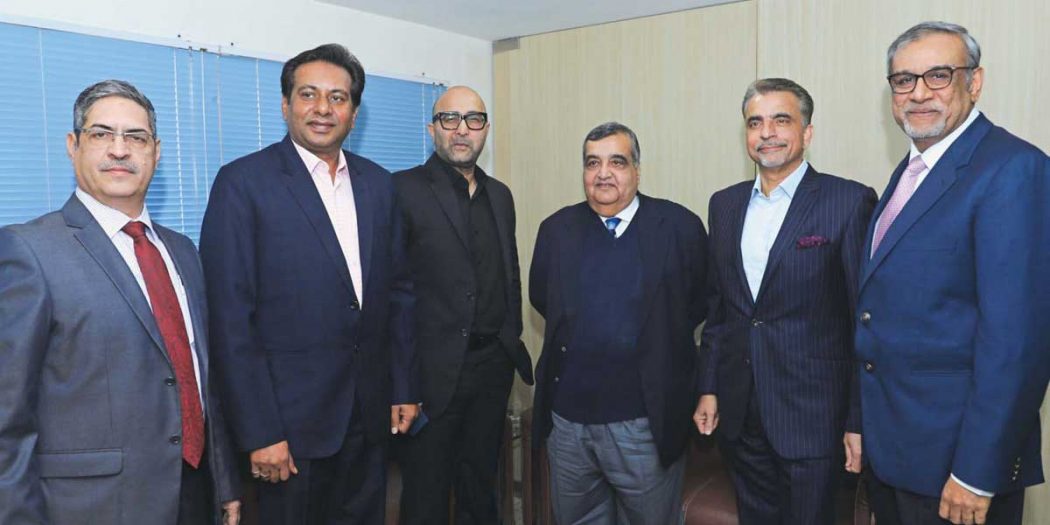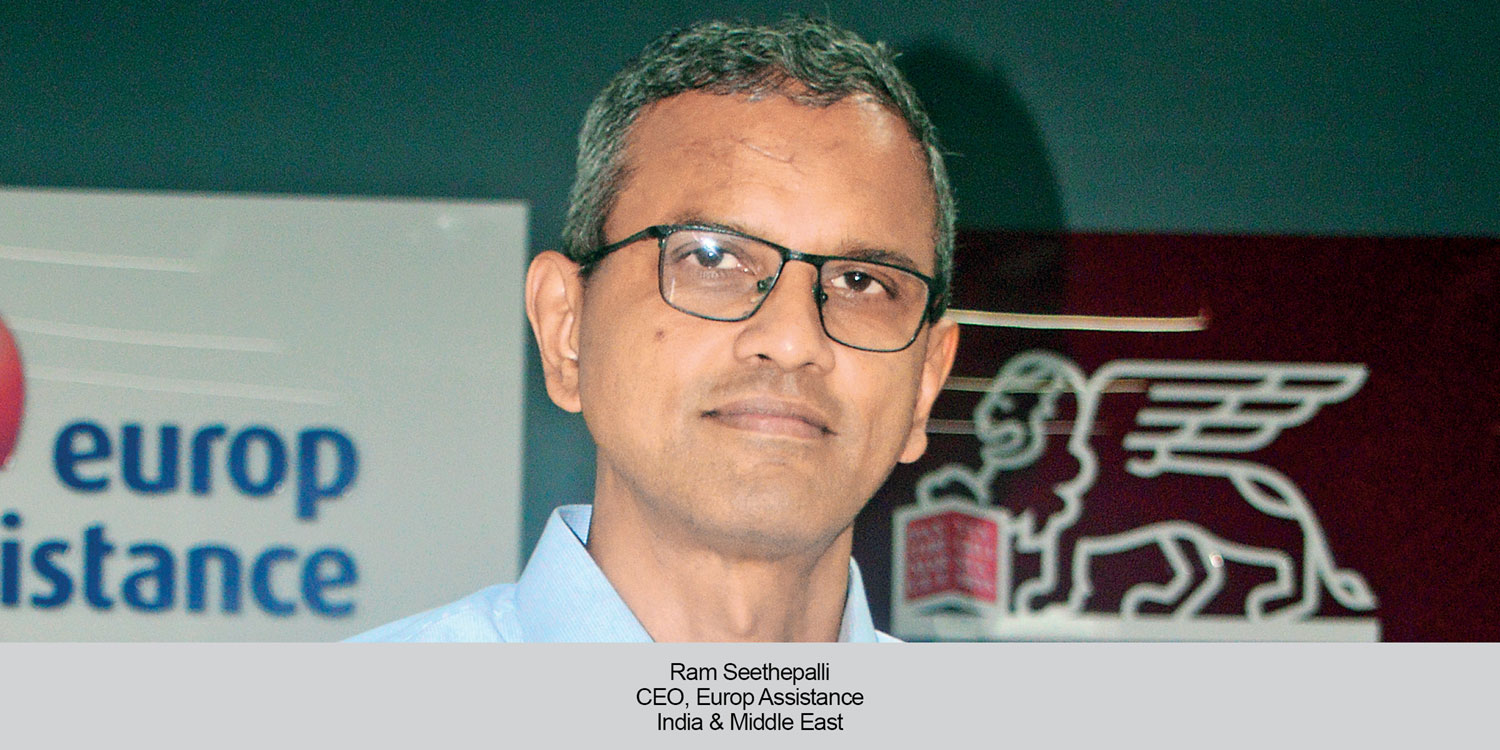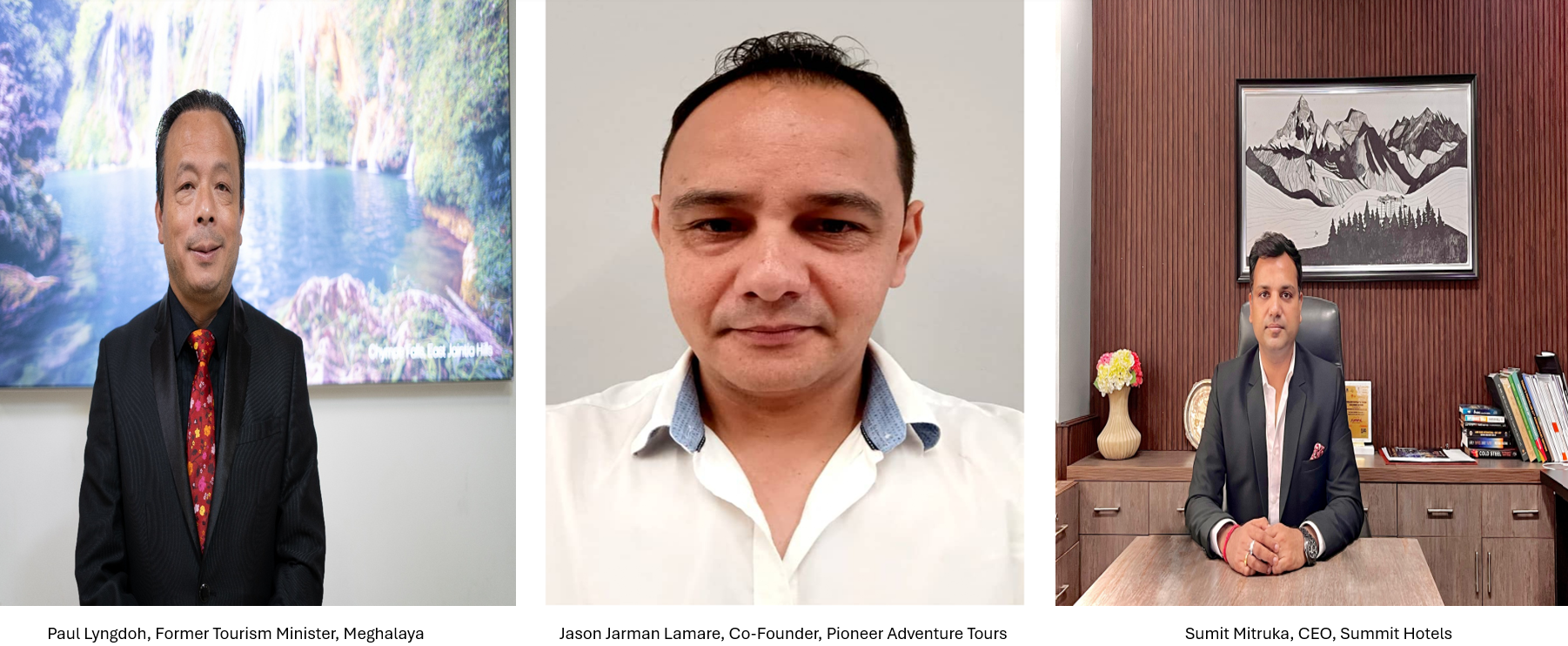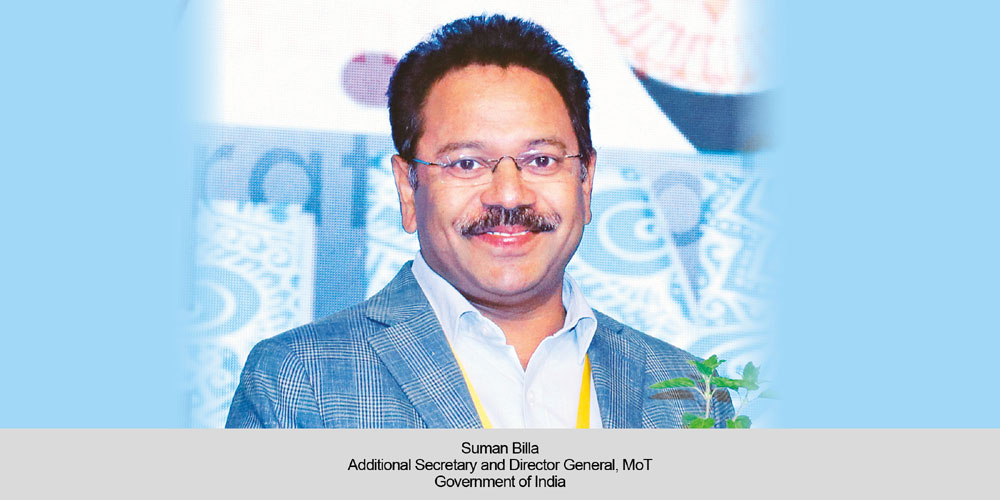The shutting down of seven foreign tourist offices by the Government of India has sent the travel trade in a tizzy. TRAVTALK asks industry experts about the impact of this decision on the tourism business within and outside the country.
Plagued with the vacancy of several posts and lack of senior officers, the Ministry of Tourism has decided to close down some of its foreign offices. The Ministry will now open a new office at Moscow, with the Russian Federation as the fourth largest source market for India in terms of foreign tourist arrivals. TRAVTALK brought together Rajiv Mehra, Vice President, Indian Association of Tour Operators (IATO); Vikram Madhok, Hon. Treasurer, PATA, Homa Mistry, CEO, Trail Blazer Tours (India), Bharat Bhushan Atree, Managing Director, Caper Travel Company and Sandeep Jain, Hon. Joint Secretary, IATO, to discuss the benefits and pitfalls of this sudden move by the Ministry
Rashmi Verma, Secretary—Ministry of Tourism, Government of India
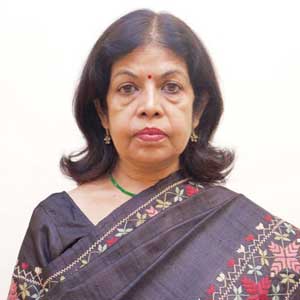 We are not closing down our offices, we are only restructuring our overseas presence in terms of creating some major hubs in the international market. Now, we will perhaps have 7-8 hubs where we will have our presence through these foriegn offices. In rest of the countries, we will be having India Tourism Marketing Representatives (ITMR), and they will be carrying out work under direction of these hubs, which we will be creating in our key markets. Also, these hubs will be engaging PR agencies, who will be working in some of these key markets and emerging markets. Thus, the whole structure is being revamped. We are not just looking at closing of offices, as we might relocate some offices as well. However, the numbers might come down in terms of hubs. Regarding the low manpower at the existing offices, I would like to say that we did not fill the existing offices because we were in the process of restructuring our overseas offices. However, now, all the manpower we have around the world will be relocated to the hubs, and thus the number of people in each hub will be much more than what it is currently.
We are not closing down our offices, we are only restructuring our overseas presence in terms of creating some major hubs in the international market. Now, we will perhaps have 7-8 hubs where we will have our presence through these foriegn offices. In rest of the countries, we will be having India Tourism Marketing Representatives (ITMR), and they will be carrying out work under direction of these hubs, which we will be creating in our key markets. Also, these hubs will be engaging PR agencies, who will be working in some of these key markets and emerging markets. Thus, the whole structure is being revamped. We are not just looking at closing of offices, as we might relocate some offices as well. However, the numbers might come down in terms of hubs. Regarding the low manpower at the existing offices, I would like to say that we did not fill the existing offices because we were in the process of restructuring our overseas offices. However, now, all the manpower we have around the world will be relocated to the hubs, and thus the number of people in each hub will be much more than what it is currently.
Rajiv Mehra, Vice President, Indian Association of Tour Operators (IATO)
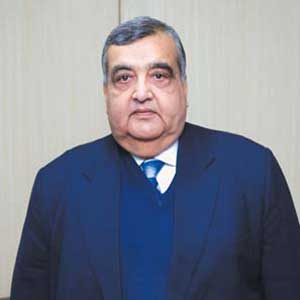 These offices should not be shut down completely but strengthened with more staff and experienced officers. Active steps should be taken to participate in exhibitions and undertake activities to promote India rather than wait for the clients to come to them. We were not informed of the news officially but only through sources that a decision was in process to shut the foreign offices in April and as IATO we addressed the same to the then Tourism Minister. In October we met the new Minister and were assured that steps are being taken to ensure that these offices would not be closed down. However, we were shocked when the decision was announced in December despite having written to the Ministry to review the same. These foreign tourist offices were not meant to generate enquires. They were very helpful in identifying the right tour operators with whom the trade could interact. Their main role however was to create awareness about India and project it as a viable destination to promote. They are not responsible for individual marketing. I believe money has to be invested in promoting India through social media and other media platforms. We also need to fund the foreign offices to gear up and deal with crisis. If leveraged properly, the foreign offices are capable of crisis management. Now that the offices are being closed down, there is a need for more roadshows in the untapped potential markets for inbound tourism.
These offices should not be shut down completely but strengthened with more staff and experienced officers. Active steps should be taken to participate in exhibitions and undertake activities to promote India rather than wait for the clients to come to them. We were not informed of the news officially but only through sources that a decision was in process to shut the foreign offices in April and as IATO we addressed the same to the then Tourism Minister. In October we met the new Minister and were assured that steps are being taken to ensure that these offices would not be closed down. However, we were shocked when the decision was announced in December despite having written to the Ministry to review the same. These foreign tourist offices were not meant to generate enquires. They were very helpful in identifying the right tour operators with whom the trade could interact. Their main role however was to create awareness about India and project it as a viable destination to promote. They are not responsible for individual marketing. I believe money has to be invested in promoting India through social media and other media platforms. We also need to fund the foreign offices to gear up and deal with crisis. If leveraged properly, the foreign offices are capable of crisis management. Now that the offices are being closed down, there is a need for more roadshows in the untapped potential markets for inbound tourism.
Homa Mistry, India Travel Award winner, CEO, Trail Blazer Tours (India)
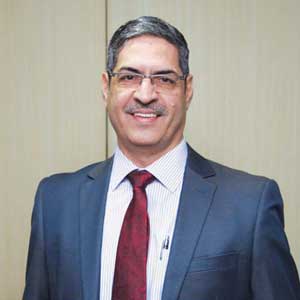 The change is welcome and the shutting of these offices is by far the best decision. Management by the right people at these offices has proved beneficial in the past. So if the decision has been taken to shut them down, I am sure the authorities have thought of an alternative to spend the money in some other direction. I do not feel that the numbers should come down in any way with this decision. The destinations as products are already competing amongst themselves but it is the people who run the show and decide the results. We have to look at the bigger picture where the plan is to participate more in exhibitions and roadshows with government and private partnership. With these proposed plans, a higher number of inbound tourists are expected to be generated. Thus, we are headed in the right direction. The traditional marketing method has to be revamped. If we need to capture the attention of a larger audience in today’s age with lesser investment, social media is the way forward. Also, we have to invest funds to target the young generation. Digital marketing is an important tool to counter negative sentiments about India and then we can walk the streets for sales. The government of the day is bringing in change in various aspects of travel and I feel that we should appreciate the same. The change may be different than expected in terms of marketing strategies, etc. but I feel that the future will be better.
The change is welcome and the shutting of these offices is by far the best decision. Management by the right people at these offices has proved beneficial in the past. So if the decision has been taken to shut them down, I am sure the authorities have thought of an alternative to spend the money in some other direction. I do not feel that the numbers should come down in any way with this decision. The destinations as products are already competing amongst themselves but it is the people who run the show and decide the results. We have to look at the bigger picture where the plan is to participate more in exhibitions and roadshows with government and private partnership. With these proposed plans, a higher number of inbound tourists are expected to be generated. Thus, we are headed in the right direction. The traditional marketing method has to be revamped. If we need to capture the attention of a larger audience in today’s age with lesser investment, social media is the way forward. Also, we have to invest funds to target the young generation. Digital marketing is an important tool to counter negative sentiments about India and then we can walk the streets for sales. The government of the day is bringing in change in various aspects of travel and I feel that we should appreciate the same. The change may be different than expected in terms of marketing strategies, etc. but I feel that the future will be better.
Bharat Bhushan Atree, India Travel Award winner, MD, Caper Travel Company
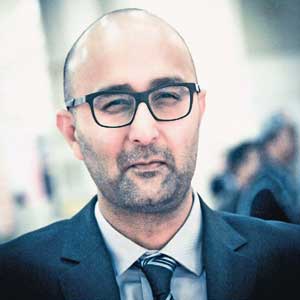 Closing down the offices is a rash decision which has not been thought over well. I believe that if the offices were not doing justice to their roles, issues should have been resolved rather than just shutting them down. In fact, out of the seven offices, three were located in cities from where we received the maximum number of tourists. When we meet tour operators at newer destinations, they need an additional push to promote India. The foreign offices would create a sense of assurance among the local trade regarding the political and socio-economic stability in India and also validate the idea of promoting India as a tourist destination. They may not have generated leads but played a major role in the gamut of things to create goodwill for India. Social media is important but offline media promotions are equally important. Also, the foreign offices host festivals where the local community is invited to celebrate. If the rationale behind shutting the foreign offices is to cut expenses, then shifting these offices with the embassies or Air India offices sounds like a solution. The idea is to have a separate entity to do the promotional and marketing work professionally. There are only two markets from where we get the charter business—the UK and Russia where the latter is far ahead.
Closing down the offices is a rash decision which has not been thought over well. I believe that if the offices were not doing justice to their roles, issues should have been resolved rather than just shutting them down. In fact, out of the seven offices, three were located in cities from where we received the maximum number of tourists. When we meet tour operators at newer destinations, they need an additional push to promote India. The foreign offices would create a sense of assurance among the local trade regarding the political and socio-economic stability in India and also validate the idea of promoting India as a tourist destination. They may not have generated leads but played a major role in the gamut of things to create goodwill for India. Social media is important but offline media promotions are equally important. Also, the foreign offices host festivals where the local community is invited to celebrate. If the rationale behind shutting the foreign offices is to cut expenses, then shifting these offices with the embassies or Air India offices sounds like a solution. The idea is to have a separate entity to do the promotional and marketing work professionally. There are only two markets from where we get the charter business—the UK and Russia where the latter is far ahead.
Vikram Madhok, India Travel Award winner and Honorary Treasurer, PATA
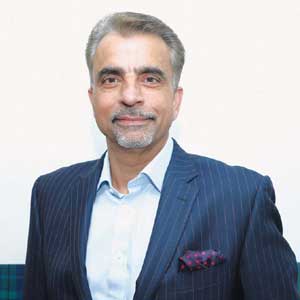 I believe NITI Ayog has taken a learned decision to shut a few offices. I agree that we need some form of representation abroad for India but the current offices are not up to the mark. We are staffing these officials who are probably not the best resources. If we really want to move forward in showcasing Incredible India, we need professionals to run the offices along with the Ministry and get the best people to man these offices. What the NITI Ayog has in mind for these offices is a closely guarded secret. However, the position has been made clear that the government is eager to scale up the numbers for inbound tourism and create platforms to promote Incredible India. Logic defies me as to why a foreign office is being opened in Russia. It could be linked to a G2G position. Also, a strong economy of the nation allows its citizens higher disposable incomes and hence the propensity to travel. The USA economy is solid currently which is also an important market but with the same logic, Russian economy is not the strongest and people do not have large sums of money to spend on long haul holidays. I would put the money in training the guns for the top source markets like the Americas, the UK, France, etc. that generate maximum inbound tourists rather than venture onto newer markets such as Russia.
I believe NITI Ayog has taken a learned decision to shut a few offices. I agree that we need some form of representation abroad for India but the current offices are not up to the mark. We are staffing these officials who are probably not the best resources. If we really want to move forward in showcasing Incredible India, we need professionals to run the offices along with the Ministry and get the best people to man these offices. What the NITI Ayog has in mind for these offices is a closely guarded secret. However, the position has been made clear that the government is eager to scale up the numbers for inbound tourism and create platforms to promote Incredible India. Logic defies me as to why a foreign office is being opened in Russia. It could be linked to a G2G position. Also, a strong economy of the nation allows its citizens higher disposable incomes and hence the propensity to travel. The USA economy is solid currently which is also an important market but with the same logic, Russian economy is not the strongest and people do not have large sums of money to spend on long haul holidays. I would put the money in training the guns for the top source markets like the Americas, the UK, France, etc. that generate maximum inbound tourists rather than venture onto newer markets such as Russia.
Sandeep Jain, Hon. Joint Secretary, IATO
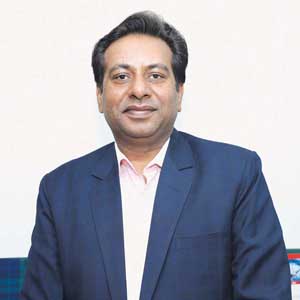 There has been a shift in the market from the traditional to the emerging. Given the present scenario where the foreign offices are being shut down, there is a need to spend the money on positive publicity for India. Though social media and digital marketing are important tools of today’s age, traditional media platforms like print, electronic and hoardings are equally important for promotion. Also, one-to-one roadshows hold value along with inviting the foreign tour operators to India and allow them to experience the destination themselves. There is also a need to tap new markets and potential tour who have a wide market reach to the Southeast Asia and the Middle East and convince them to include India in the itineraries. I believe that shifting the foreign offices within embassies is a good idea because the presence of embassies in most of the countries gives us a wider reach. Also, embassies are a point of contact for the local market and can help with the right data regarding the consumers and trade as well. However, professionals within the embassy have to handle the job while the embassies can monitor the activities well.
There has been a shift in the market from the traditional to the emerging. Given the present scenario where the foreign offices are being shut down, there is a need to spend the money on positive publicity for India. Though social media and digital marketing are important tools of today’s age, traditional media platforms like print, electronic and hoardings are equally important for promotion. Also, one-to-one roadshows hold value along with inviting the foreign tour operators to India and allow them to experience the destination themselves. There is also a need to tap new markets and potential tour who have a wide market reach to the Southeast Asia and the Middle East and convince them to include India in the itineraries. I believe that shifting the foreign offices within embassies is a good idea because the presence of embassies in most of the countries gives us a wider reach. Also, embassies are a point of contact for the local market and can help with the right data regarding the consumers and trade as well. However, professionals within the embassy have to handle the job while the embassies can monitor the activities well.
 TravTalk India Online Magazine
TravTalk India Online Magazine

